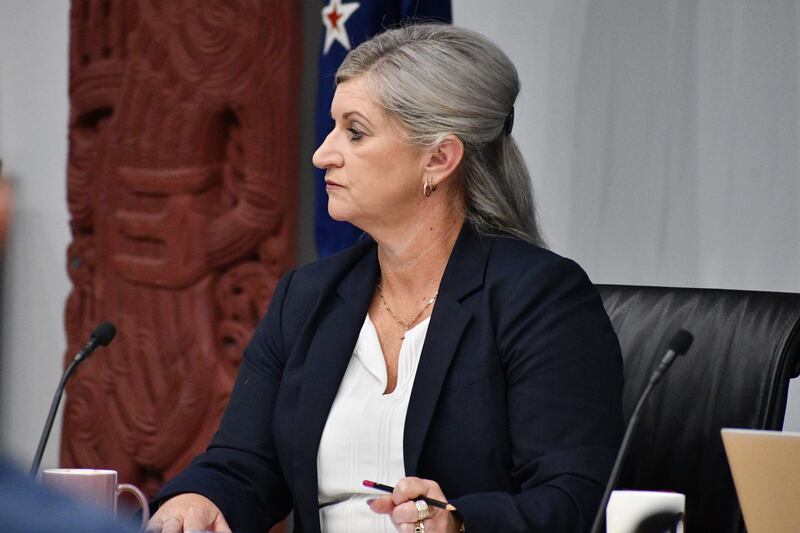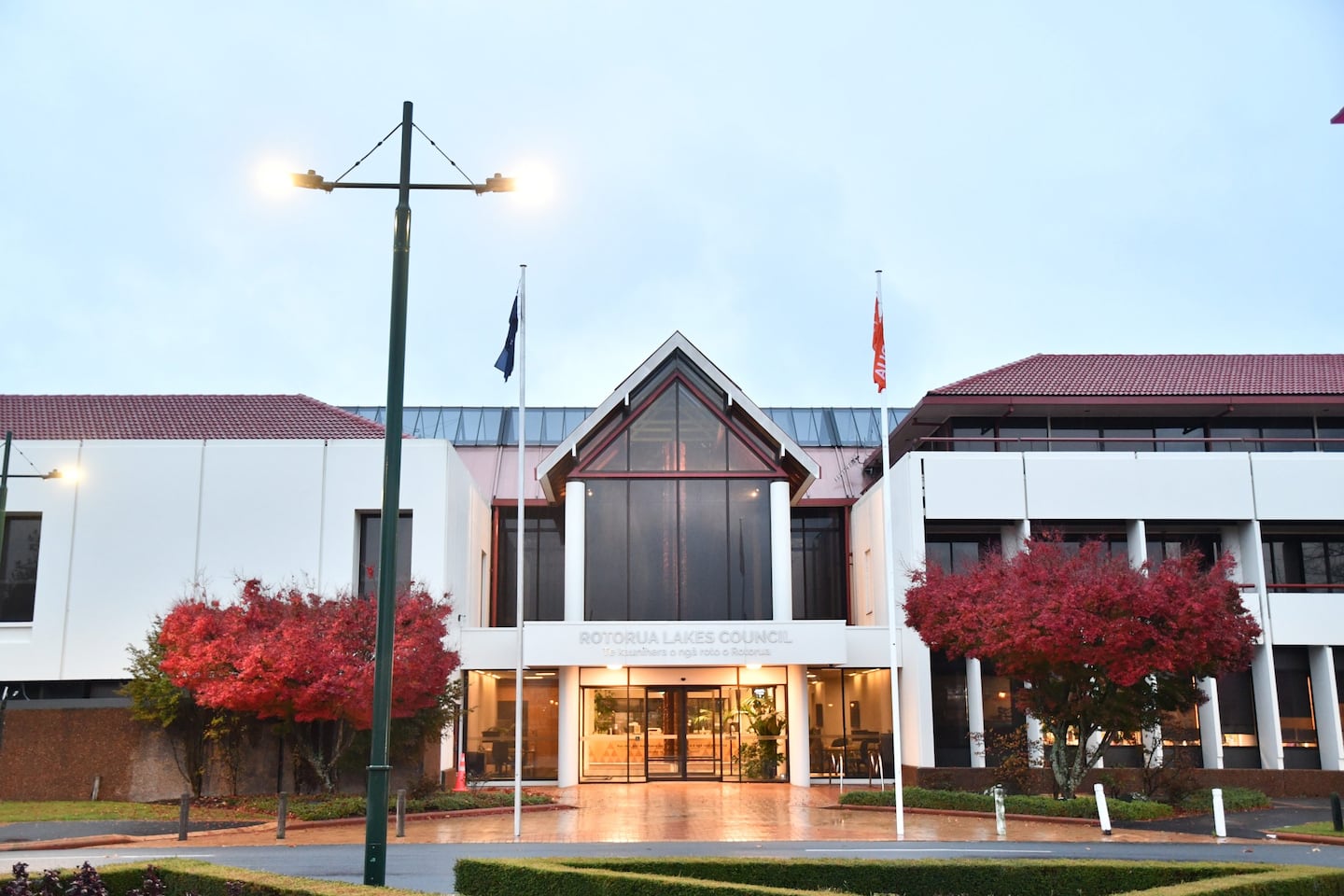Rotorua’s council faces “quite limiting” options as the coalition Government’s bid to reverse rules around Māori wards passes its third reading.
This year the Government introduced the Local Government (Electoral Legislation and Māori Wards and Māori Constituencies) Amendment Bill.
This would reinstate the ability for binding polls on the establishment of Māori wards and require councils that had resolved to establish or established Māori wards since 2020 without holding a poll to hold one alongside the 2025 local body elections.
The bill would also remove the requirement under the Local Government Electoral Legislation Act 2023 for councils to consider Māori wards every six years during their representation reviews if they have not established Māori wards.
The binding poll mechanism was removed from the Local Electoral Act 2001 in 2021. Since then, 45 councils have established or resolved to establish, Māori wards without holding a poll.
The amendment bill passed its second reading last week and its third in Parliament on Tuesday.
Rotorua Lakes Council resolved to introduce Māori wards in 2021. It pursued a controversial law change that would allow an equal number of Māori and general ward seats on the council.
In April 2022 the Local Government Commission determined the council would have six general ward councillors, one rural ward councillor and three Māori ward councillors. The mayor is elected at large.
It was set for two electoral cycles.
The new council elected in October 2022 withdrew support for the law change last year.
On Monday, Rotorua’s councillors workshopped options relating to the amendment bill.
Councils would have until September 6 to decide what to do next.
Rotorua could either disestablish its three Māori wards for the 2025 local elections onwards or hold a binding poll of local electors in the same year.
If it chose to disestablish, it had two follow-on options.
Corporate planning and governance executive director Oonagh Hopkins told councillors most councils could revert back to the previous representation arrangement. For Rotorua, this would be all councillors elected at-large.

Otherwise, it could undertake a shortened representation review, complete by early 2025.
“There are limitations to both of those options.”
Hopkins said it meant there would be no Māori wards for at least 2025 and 2028 local elections. If it rolled back, a representation review would be due in 2027/2028 and if it held a shortened review a full one would be due in 2030/2031.
She said there were also restrictions on the roll-back process given the commission determination.
Hopkins said it was “highly unlikely” the council could take that pathway without either seeking permission or support from the commission.
“Their determination trumps everything in a representation review process.
“It is highly unlikely a wind-back or council decision can come in over the top of a decision they have made.”
If it went directly to a binding poll in the next local elections, the outcome would decide what arrangements the council would have as a starting point for the next representation review in 2027/2028.
The options on the table were “quite limiting” she said, with deadlines for decisions tight.
Rotorua’s Māori ward councillors are Rawiri Waru, Lani Kereopa and Trevor Maxwell.
Maxwell is the country’s longest-serving councillor while Waru and Kereopa were newly elected in 2022.
At the workshop Waru said the options were not meaningful – but that was not the fault of the council or staff.
“I look at this with disdain, to be honest.”
LDR is a local body of journalism co-funded by RNZ and NZ On Air.




